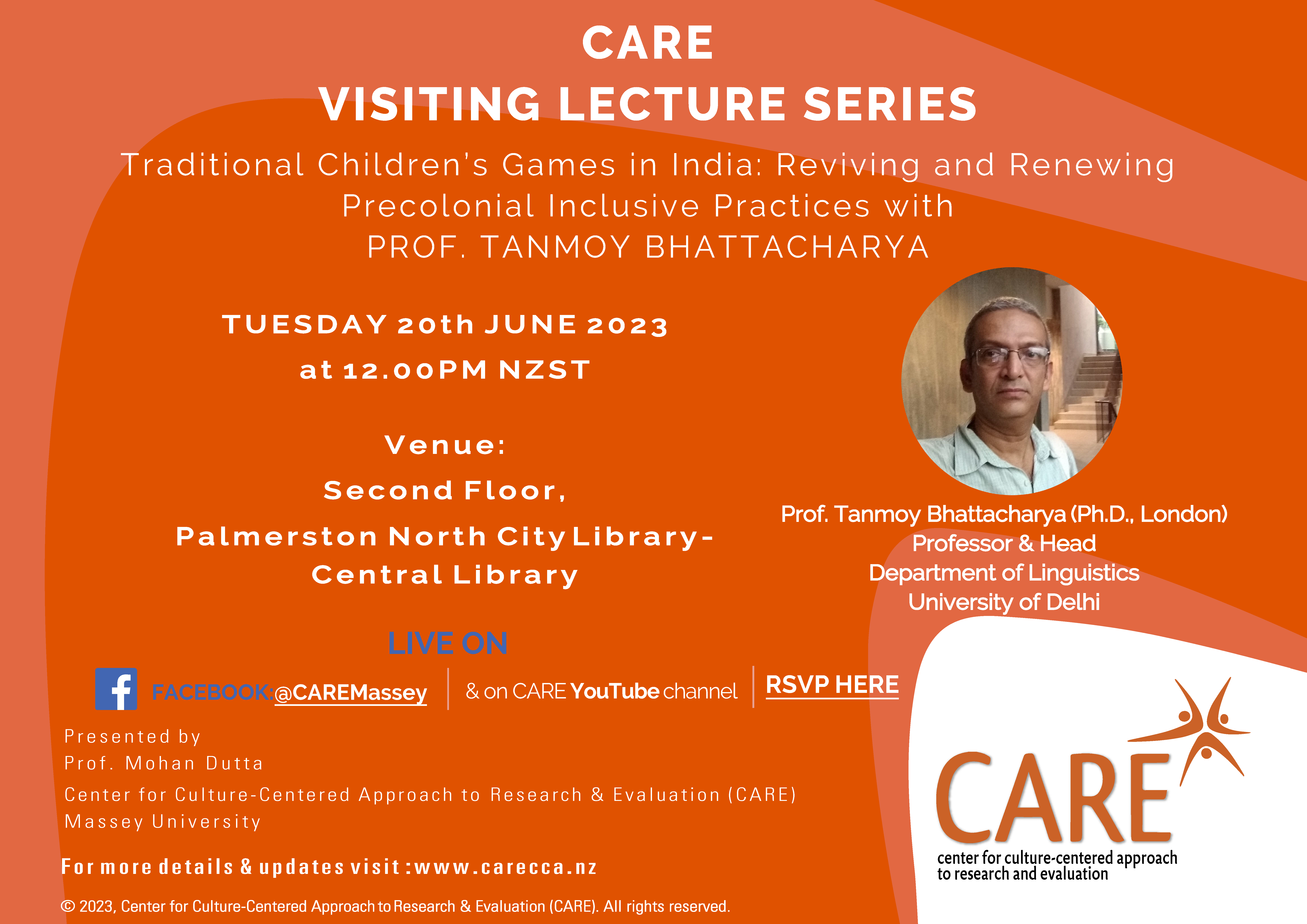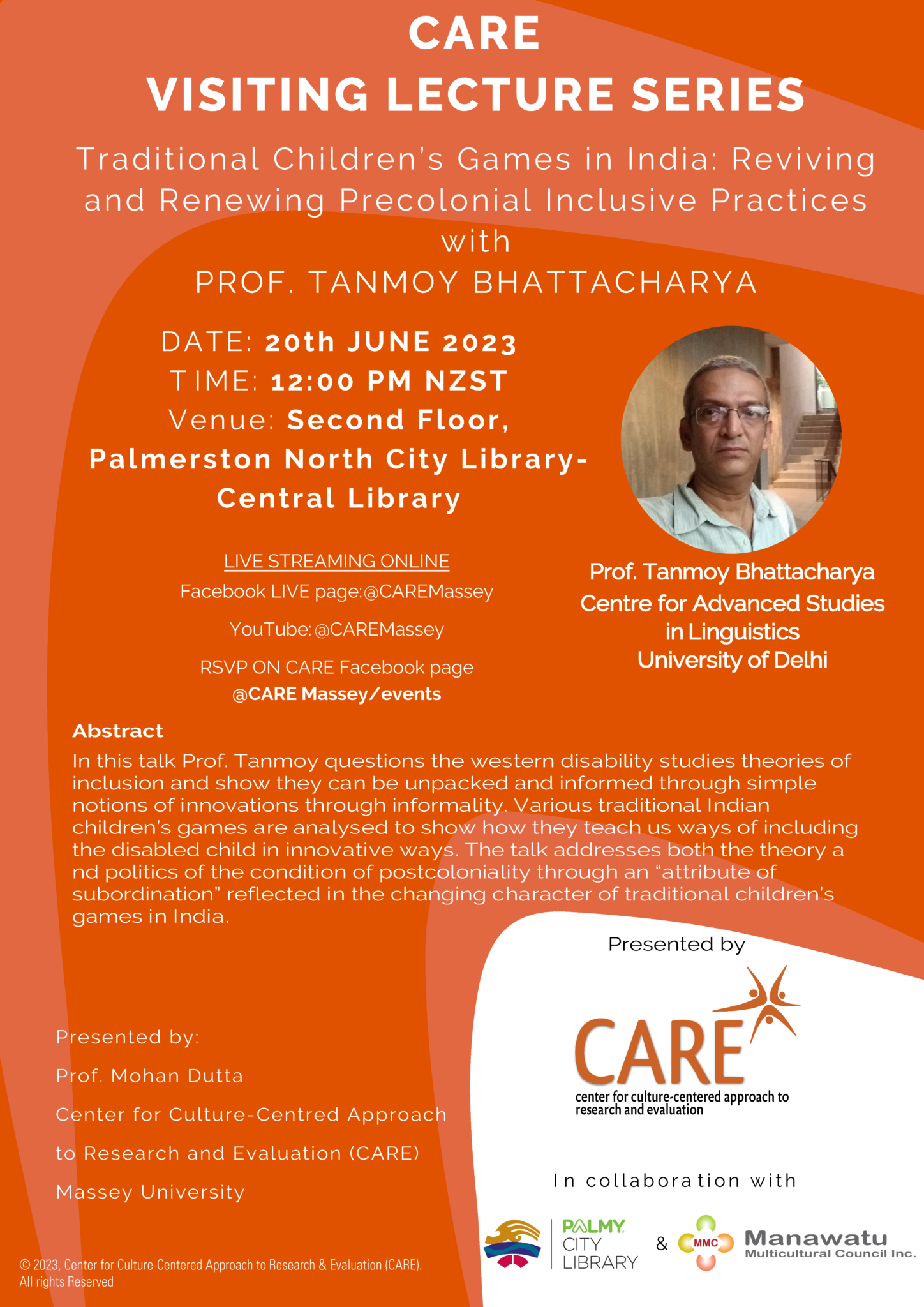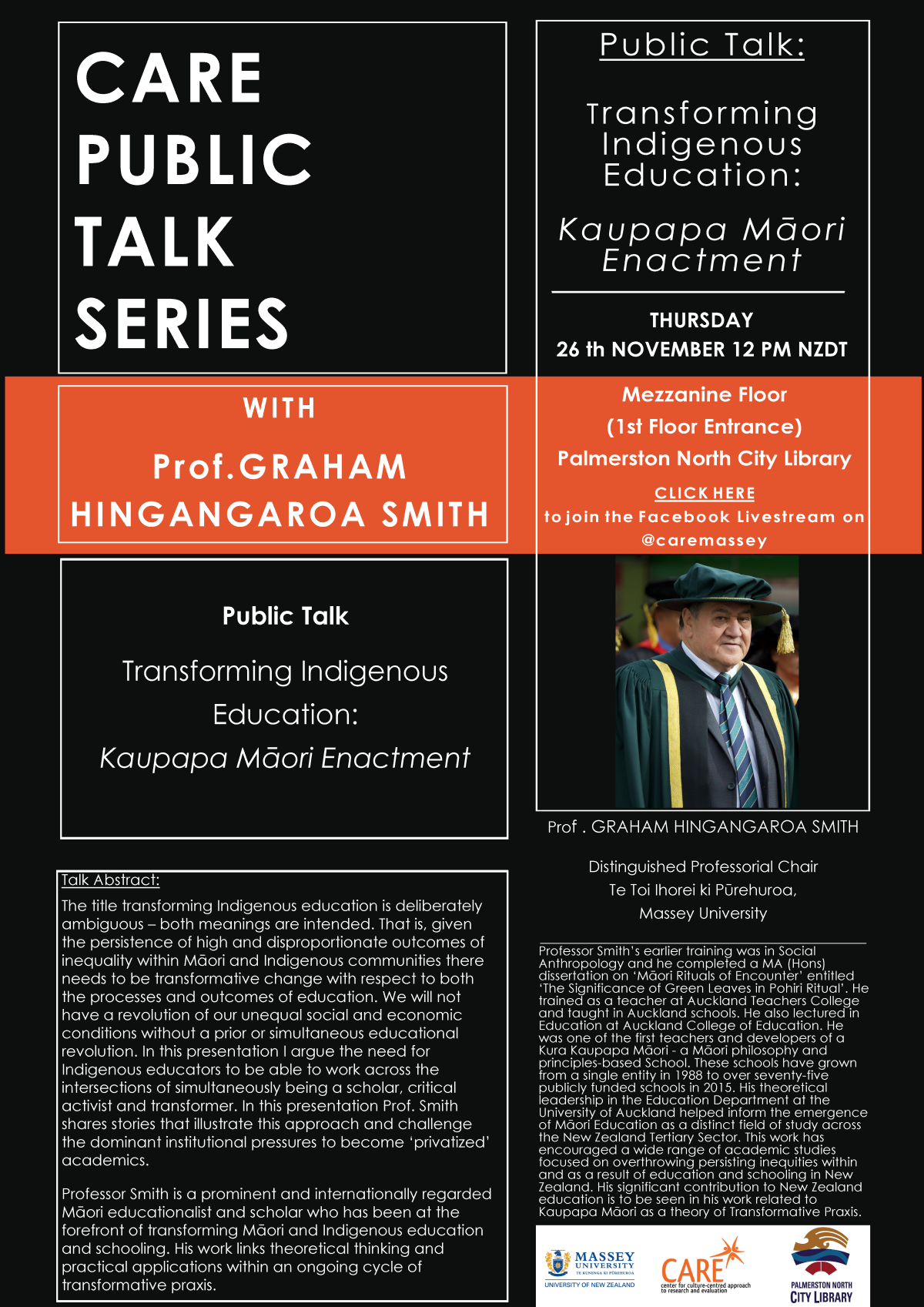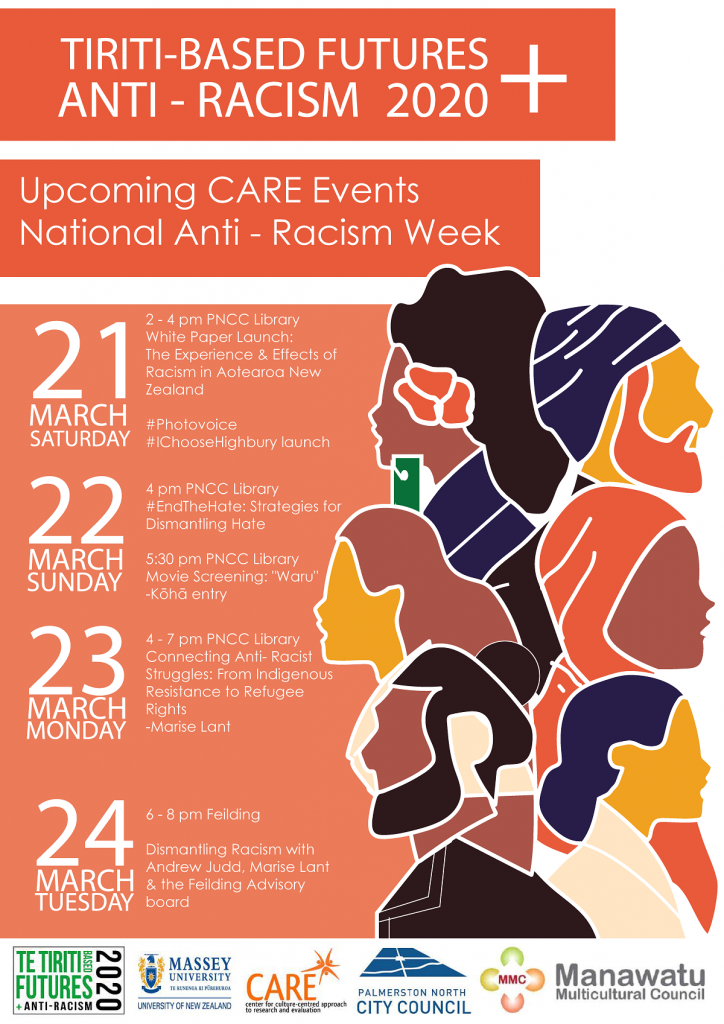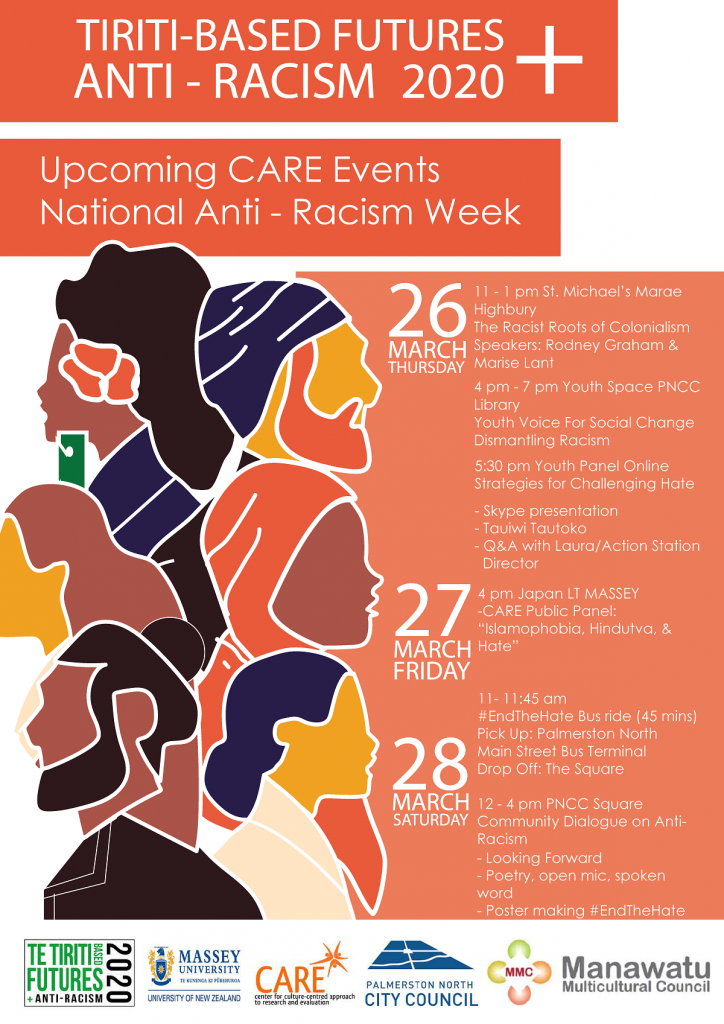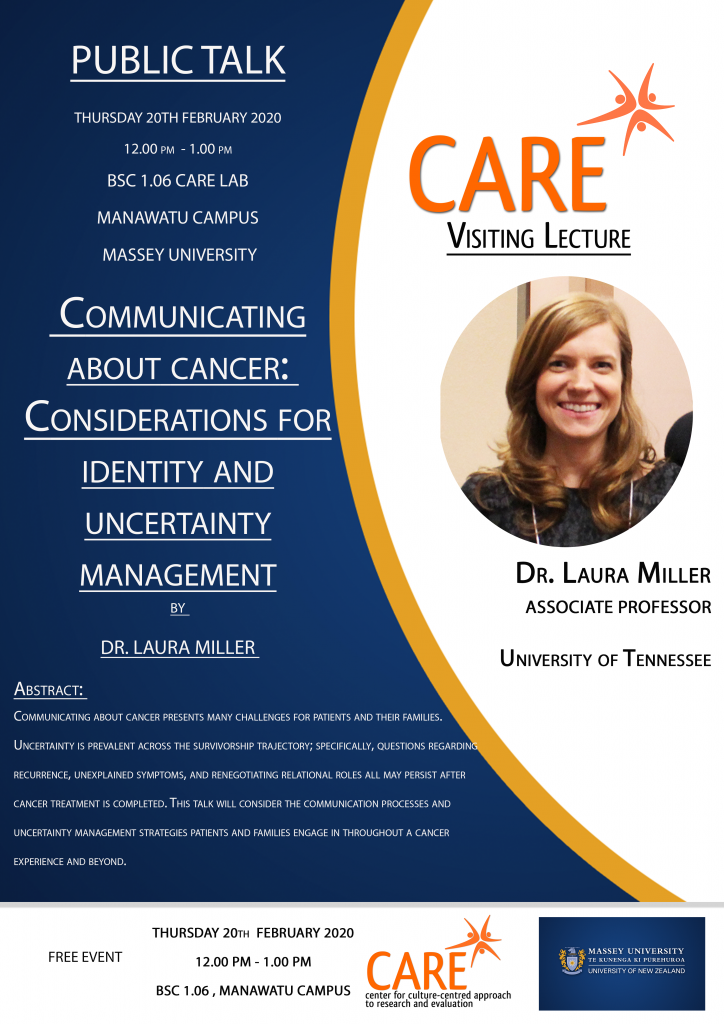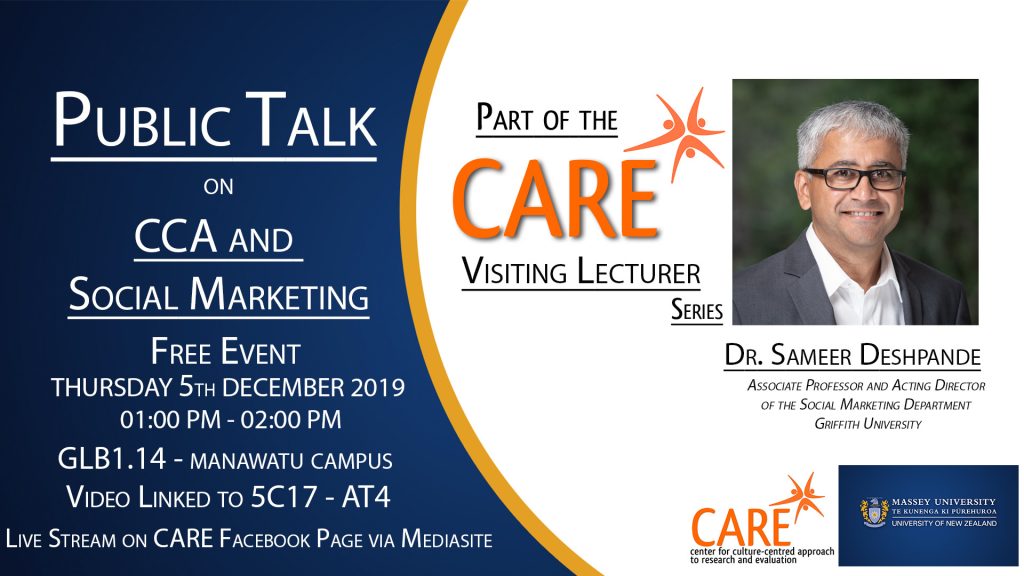A conversation with Dr Samah Jabr
Through her responses to a series of wide-ranging questions, Dr. Samah Jabr, Head of the Mental Health Unit within the Palestinian Ministry of Health, gives essential insights into the ways to understand Palestinian mental health before, during, and after catastrophe and genocide. By invoking the principle of “observing and learning” from Palestinians in Gaza and the West Bank, Dr. Jabr challenges western pathologizing and individualizing around mental health, and offers a community-centered and liberatory alternative framework.
Professor Walid Adel Afifi, Dept of Communication; Associate Dean, Division of Social Science, University of California – Santa Barbara
Associate Professor Guido Veronese, in Clinical and Community Psychology, University of Milan-Bicocca, Italy.
Visiting at Gaza Community Mental Health Program, Gaza where I teach Family Therapy.
Dr. Samah Jabr, consultant Psychiatrist, Head of the Mental Health Unit, MoH
Acknowledgements:
Image by Palestinian photographer Hosny Salah, currently living in Palestine Gaza Strip
Link: https://pixabay.com/users/hosnysalah-10285169/
Music: Native American Drums 2 Hours, Royalty Free Music by Kevin MacLeod

